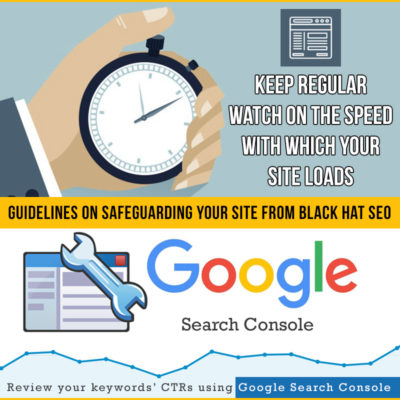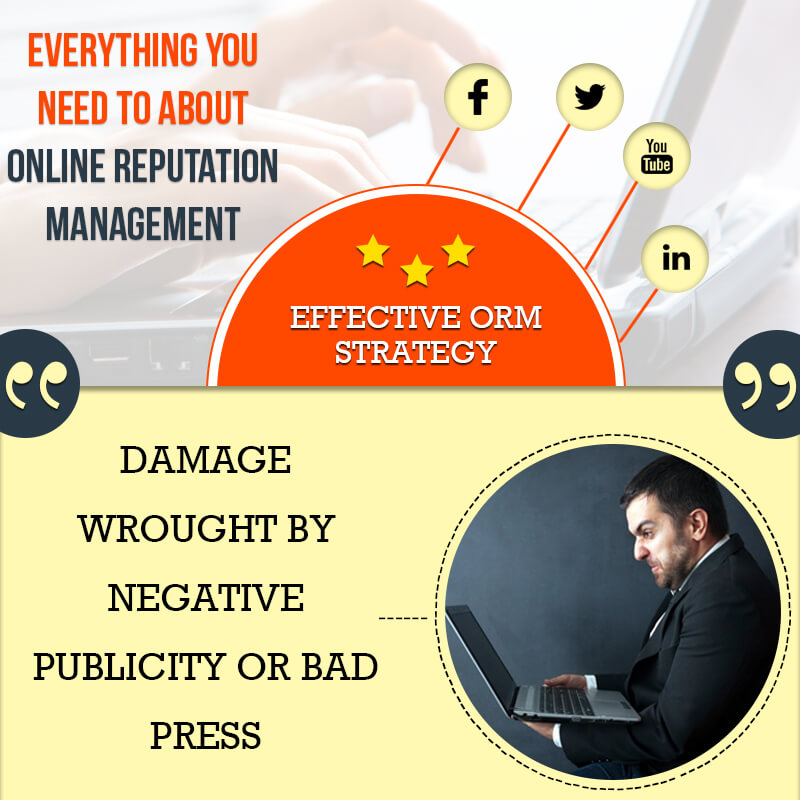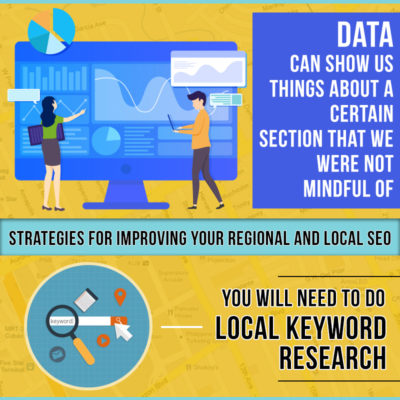 Regional SEO can really benefit a business as can local SEO. While some feel they are pretty close to being the same thing, there are some key contrasts. In this feature, we will delve into what both of these are, as well as how to advance in regional SEO.
Regional SEO can really benefit a business as can local SEO. While some feel they are pretty close to being the same thing, there are some key contrasts. In this feature, we will delve into what both of these are, as well as how to advance in regional SEO.
Regional SEO is a strategy that puts a focus on gaining leads and exposure to the business. This goes beyond the city, however, it does not extend out as far as the entire country.
Local SEO is also a strategy that centers on optimizing local businesses. This is an effective way to not only promote your business and products to the local customers, but it is also showing them when they are looking for these services or products.
One of the most crucial elements to do with regional SEO is to concentrate on examining that particular area. Data can show us things about a certain section that we were not mindful of. There may be a few cities that are more reliable when it comes to producing more traffic than others.
In order to do this research in these cities, you will need to do local keyword research. You will need to add geo modifiers to your keyword phrases and then compare this to Google Analytics to see what trends are similar. The final step is to list the cities in order from the highest to the least search interest.
Now you will need to ask yourself if any of the cities you have on your list will be able to be grouped together. It may be to your benefit to group cities together. An example of this is if you are trying to do SEO for Miami, you may wish to group it in the same group as Hialeah, Biscayne Park, or Pinecrest.
You should also strive in regional SEO to limit the number of doorway pages that are created. These pages may contain duplicate content, or at the very least, content that is similar to another. These pages are not helpful to the experience the user is having.
Regional pages should also be created with care. A business description will be needed on this page. Here you may wish to incorporate how your business became to be, what services or products are offered that are popular in that area, and any projects that are in that area. Photos of this can also be included. It is a good idea to add links to other region pages(internal), as well as why your services are relevant to others in the area.
One method that is extremely beneficial is to do link building. One amazing idea is to partake in local events and charities. Then run advertising about it before the event. After the event, you can post pictures showing your work in this. You should also use reviews as a way to do link building. Guest posts are a fabulous way to let others know about your company as well.
It is very important to utilize both local SEO and regional SEO. If you are not able to do this yourself, it is wise to hire a professional local or regional SEO service. These services will be able to provide you with anything you need assistance with from keyword research to developing landing pages.









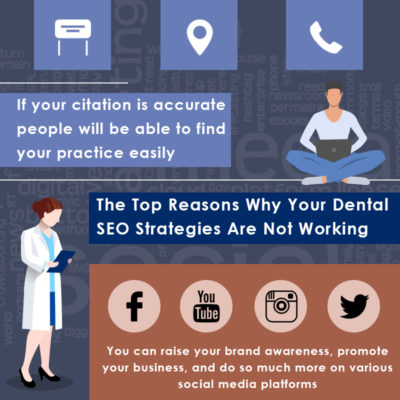 The demand for dentists will always be something that people need. If your practice is not increasing in patients each year, your online presence is most likely why. It is very important for a dentist office to have the best dental SEO as possible. Here are the most common reasons as to why your dental practice may not be growing as you would like.
The demand for dentists will always be something that people need. If your practice is not increasing in patients each year, your online presence is most likely why. It is very important for a dentist office to have the best dental SEO as possible. Here are the most common reasons as to why your dental practice may not be growing as you would like. Law firm SEO is essential when your goal is to land on page one. And with your GMB (Google My Business) profile, you have a better chance of showing up on this page and being featured with not only a link to your website but also reviews and contact information.
Law firm SEO is essential when your goal is to land on page one. And with your GMB (Google My Business) profile, you have a better chance of showing up on this page and being featured with not only a link to your website but also reviews and contact information.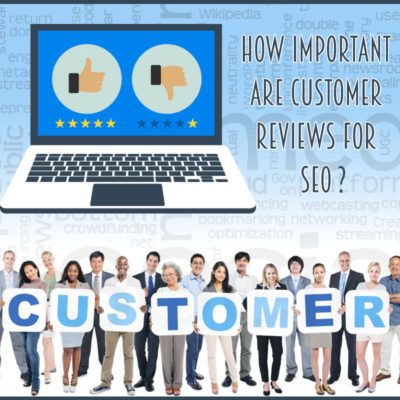 In order to have a happy life, you shouldn’t care that much about what people say about you. But when it comes to online businesses, this actually matters way more than you can imagine.
In order to have a happy life, you shouldn’t care that much about what people say about you. But when it comes to online businesses, this actually matters way more than you can imagine.